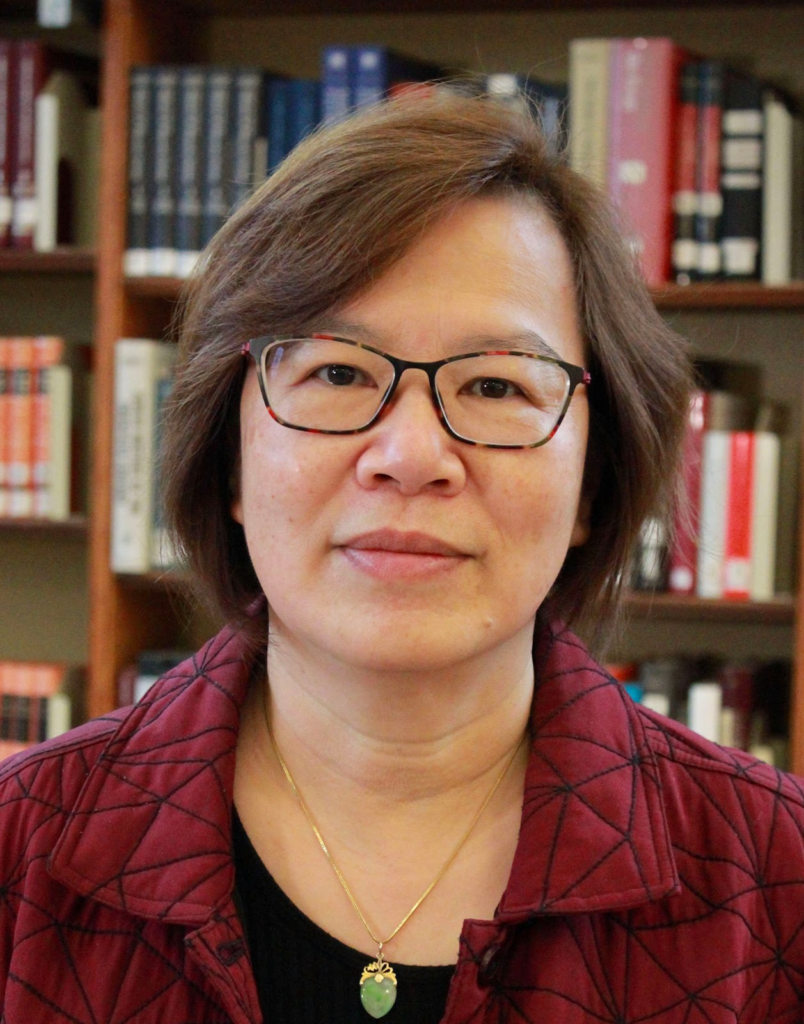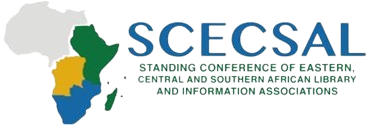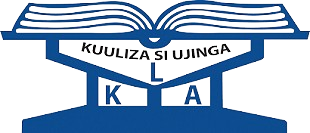Keynote Speaker
Our speakers, excite, inform and inspire; their insights will create lasting memories.

Clara M. Chu, PhD
Director and Mortenson Distinguished Professor Mortenson Center for International Library Programs University of Illinois Urbana-Champaign
Dr. Clara M. Chu is Mortenson Distinguished Professor at the University of Illinois Urbana-Champaign. A leading voice in international and multicultural library and information science (LIS) education, research, and practice, she publishes, presents, and consults in English and Spanish on LIS education; diversity, equity and inclusion; strategic planning; and emerging technologies and trends; among other topics. She is a Research Associate in the Department of Information Science at the University of Pretoria and past Coeditor-in-Chief of Library Trends.
An active association leader, she is Past-President of the Association for Information Science and Technology (ASIS&T) and the Association for Library and Information Science Education (ALISE), was an American Library Association (ALA) representative in the U.S. National Commission for UNESCO, and founding co-chair of the Building Strong LIS Education (BSLISE), an IFLA working group. She is the recipient of numerous honors and awards in research, education, and professional contributions, including the 2018 ALA Beta Phi Mu Award for distinguished service to education for librarianship.
All sessions By Dr Clara
Day 1
SCECSAL@50: The Past, The Present, and The Future
Monday, April 22, 2024; 11:30am-12:40pm
- PANEL (1h)
In the digital era, our communities exist in a digitally networked world but vary to the extent that they are digitally connected. The gap may be related to knowledge, skills, access, infrastructure, and/or affordability of the digital technology. In this digital context the role of libraries as community anchors is critical in empowering communities to connect with and make meaning of their past, present, and future. In order to ensure that libraries are relevant, they need to be recognized and acknowledged as a go-to informational, educational and cultural resource, effectively serving their community, and a return on investment (ROI). This keynote will address the need for libraries to anticipate change and transform, with intent. The process of effecting change in libraries most often takes an institutional approach, but for transformation to occur, the approach of individual and collective action will be presented.
Day 3
Strengthening Innovative Library Leaders: Cultivating Your Leadership Style and Library Sustainable Development [A Workshop]
Wednesday, April 24, 2024; 8.30am – 12.45pm
- Workshop
Facilitator:
Clara M. Chu,
Director and Mortenson Distinguished Professor Mortenson Center for International Library Programs University of Illinois Urbana-Champaign
Clara M. Chu,
Director and Mortenson Distinguished Professor Mortenson Center for International Library Programs University of Illinois Urbana-Champaign
In a constantly changing library and information landscape, leadership training is critical in developing library and information professionals to anticipate change and innovate. Whatever position one holds, it is not sufficient to manage operations or maintain practice as usual, it is critical to lead, something that we all can and need to do. Participants will learn about and discover their leadership style, guided by the first of the four modules of Strengthening Innovative Library Leaders (SILL) https://www.library.illinois.edu/mortenson-leadership/, an innovative 2-day leadership training program for librarians around the world. The curriculum was developed by the Mortenson Center for International Library Programs with great assistance from the Bill & Melinda Gates Foundation and library training providers around the world. Additionally, the workshop will engage the participants in cultivating their leadership by promoting sustainability in their libraries and advancing the UN Sustainable Development Goals (SDGs).
Day 5
Libraries for Sustainable Development: A Portal and Resources for Global Action on the SDGs
Friday, April 26, 2024
- Part 1 (15 min PPT presentation)
Part 3, Clara will address questions 1, 4, and 5 related to the USA.
- What strategies has your library association adopted to participate and contribute fully to the work of the government towards meeting the national SDG-related development goals?
- What strategies have libraries in your country employed to advance digital inclusion through access to ICT and the development of digital skills, particularly in underserved communities?
- How are libraries in your country serving as a network of delivery sites for government programmes and services, and how is this contributing to achieving specific SDGs?
- In your country, what challenges have libraries faced in supporting SDG implementation, and what strategies have been effective in overcoming these challenges?
- Looking ahead, what opportunities do you see for libraries and library professionals to further contribute to SDG efforts in your country?
- How can SCECSAL your library Association to enhance its support to government’s SDG related programmes and services?

